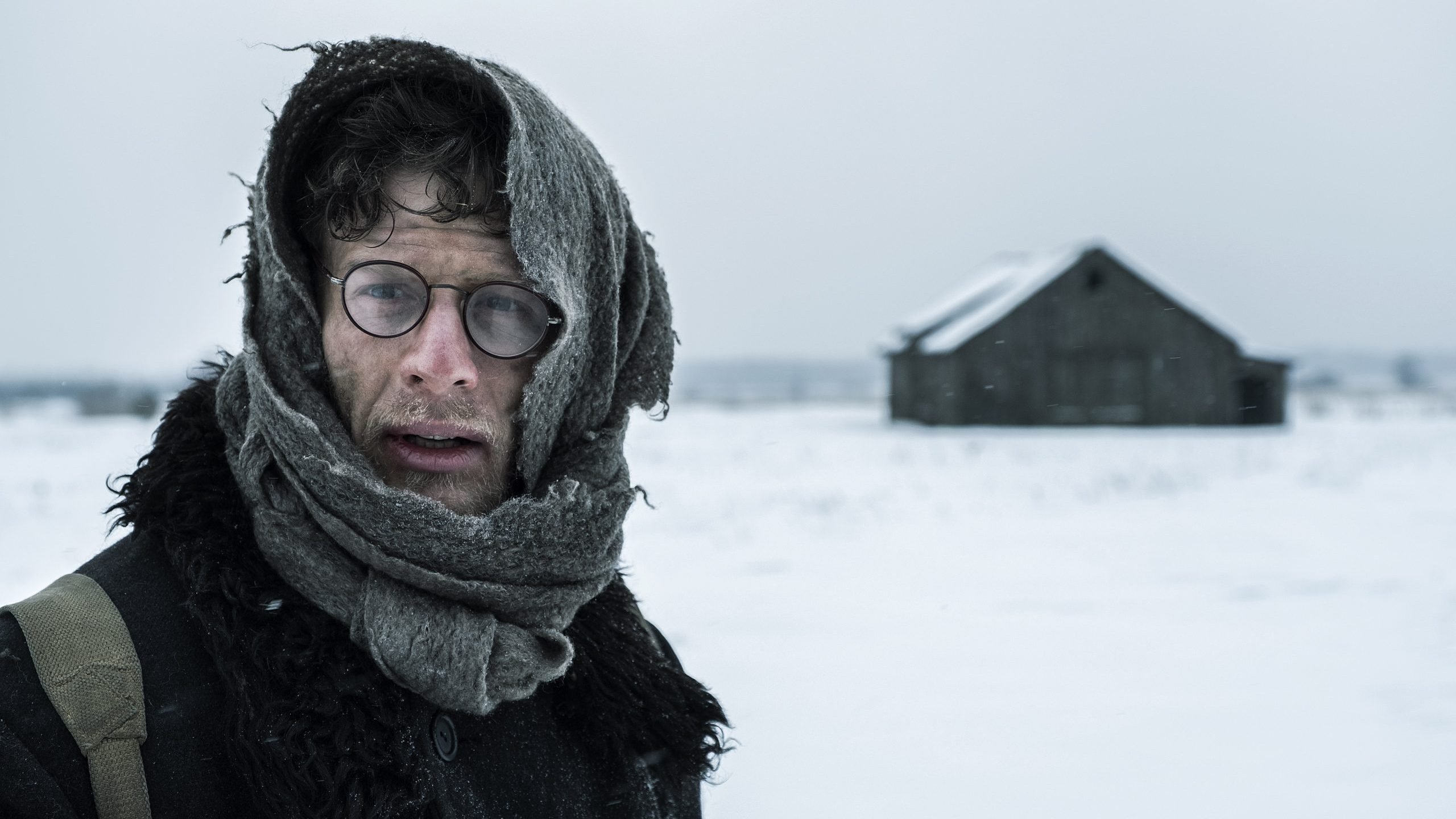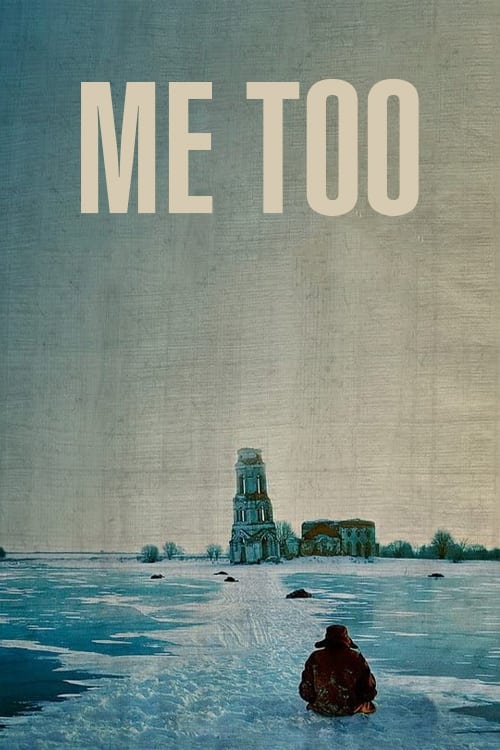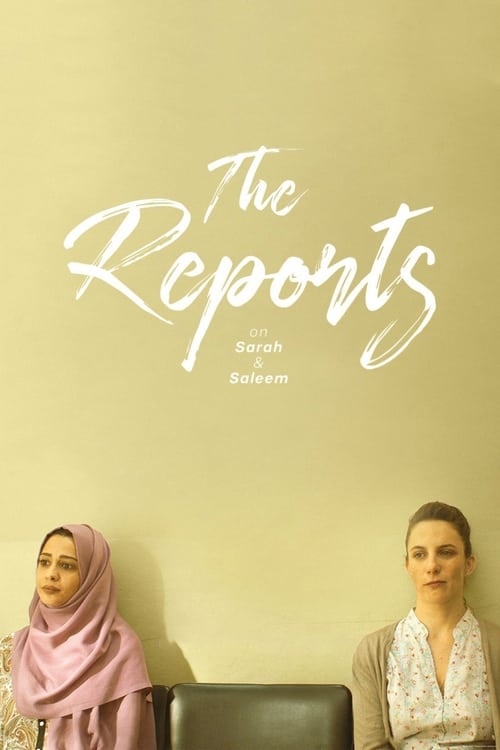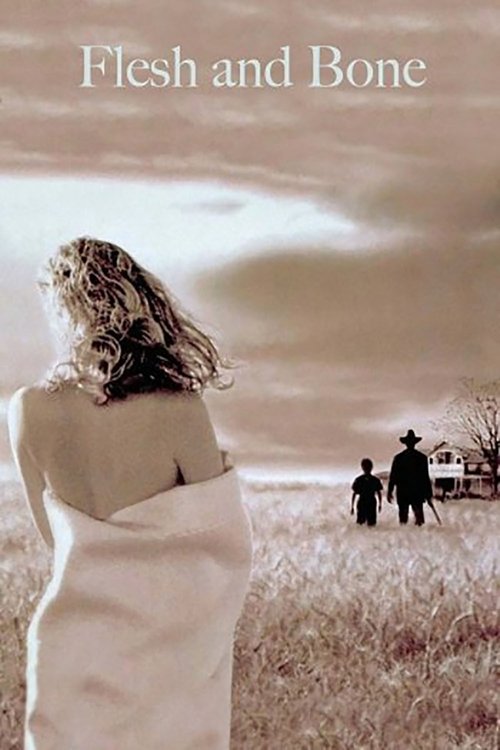
2019
Mr. Jones
Thriller, Drama, History
7.0
User Score
448 Votes
Status
Released
Language
en
Budget
$0
Production
Film Produkcja, Crab Apple Films, Kinorob, FILM.UA Group, Krakowskie Biuro Festiwalowe, Ukrainian State Film Agency, Studio Orka, Silesia Film, Kino Świat
Overview
In 1933, Welsh journalist Gareth Jones travels to Ukraine, where he experiences the horrors of a famine. Everywhere he goes he meets henchmen of the Soviet secret service who are determined to prevent news about the catastrophe from getting out. Stalin’s forced collectivisation of agriculture has resulted in misery and ruin—the policy is tantamount to mass murder.
Review

maketheSWITCH
8.0
A taut and stark thriller, one part espionage, one part survival, this is an extremely powerful true story, and one that has generally slipped under the radar. We are lucky that someone as talented as Agnieszka Holland took the helm of 'Mr Jones'.
- Jake Watt
Read Jake's full article...
https://www.maketheswitch.com.au/article/review-mr-jones-a-chilling-true-story
Read More 
Geronimo1967
7.0
James Norton delivers really quite well here as the journalist who stumbles upon and exposes one of the worst atrocities of Stalin's Soviet regime. Deep amidst the poverty-stricken Steppe, he gradually becomes aware that the dissolution of the traditional small-holding style of family farm in favour of the creation of potentially more yielding grand scale operations is failing - and failing badly. Needless to say, this isn't news that the authorities wish to be conveyed to the wider world, and so his exploration becomes steadily more perilous. Fortunately, he has a degree of diplomatic status and he does try to be fair with his reporting. On the face of it, the plan had merits - greater space to exploit, centralised harvesting, centralised everything, basically. What went wrong? Well, those aspects of "Holodomor" as it became known aren't really explained so well here, so at times the lack of recorded fact leaves the historical elements frustratingly scantily dealt with. Still, the dramatic ones work well with Peter Sarsgaard on good form as is Vanessa Kirby and the clearly rather more objective approach to this tragedy taken by director Angieszka Holland presents us with the template of a catastrophe and let's us reach some conclusions about complicity of and/or the domination of a doctrine for ourselves rather potently. The effects and results are there, but the causes - well maybe that's not so straightforward than propagandists on either side might prefer us to think. It's largely filmed on location and that, paired with some intimate photography and a persuasive score from Antoni Lazarkiewicz, adds a richness to this story and delivers up a film that provokes thought and ought to stoke an interest in a famine that's probably little known of nowadays.
Read More 



